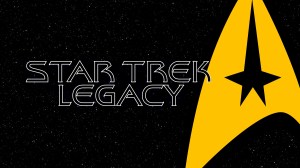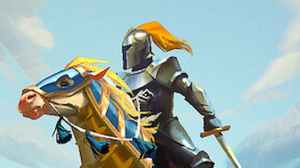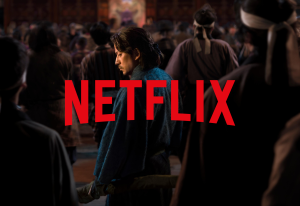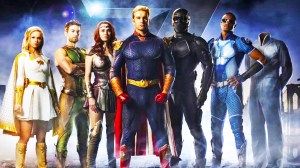
12 Monkeys debuted in January 2015 with a bold purpose: be part of the vanguard of the new/old Syfy. After several years of being conventionally known as “the Sharknado channel, Syfy had a new mission: bringing high-quality science fiction to television again. Alongside co-productions with Space (Canada) Dark Matter and Killjoys, and later releases The Expanse and The Magicians, Syfy went for a complete makeover in 2015. They showed that they could embrace the silly fun of things like Sharknado but also make science fiction that held thoughtful relevance to the issues of today, the way the best scifi does.
Videos by ComicBook.com
12 Monkeys led the way in that regard. Sure, it was technically adapting a film, but it also did things completely differently and new. From the start, the show found its own voice, from subtle character shifts to the really important part: an equal amount of time being given to interpersonal relationships and the central mystery. The central conceit is gloriously simple: to save the world, a man must travel back in time to stop a plague engineered by a mysterious group. That’s it. That’s your entire bullet point, elevator pitch.

From there, things get a little more complicated. Time is only linear to some, or to none, or… well, you’d have to watch to really get it. So why should you be watching?
The science fiction is incredible: Everything the main characters do to time has consequences, and it does things right back to them. The plague is really only half the equation – it was never meant to destroy the world, or kill the population, it was just meant to force time travel into being – and that’s where season two comes in, deepening the mysteries. Time gets bent, rewritten, damaged, and grows – yes, grows. Time has voices, and there are messengers and a witness trying to get rid of it altogether.
That evolution of time – both in the show and to those watching it, is brand-new storytelling. It takes relativity to a level I haven’t seen in any other science fiction. In 12 Monkeys, time is less than a straight line, it actually bends around individuals. As they choose to change things or not, time adjusts, almost as if it’s alive, and watching our heroes.

But about those heroes: There are times when you’ll watch and do nothing but cheer for everyone involved… then there are also times when you’ll watch one of these people you care about torture and kill someone. Equally, there are people who you’ll hate and do nothing but cheer against… until suddenly you see their humanity and want them to figure out life and do better, be better. That’s the real strength in the show: these characters, from the main focal points like time-travelers Cassie and Cole to the endlessly entertaining Jennifer Goins to the characters more on the periphery like Deacon or even Agent Gale, they’re all painfully real. They have desires and hopes, and those change as the characters do. When they get new information, they might change the way they feel about something. When they see the stakes, they make decisions in that moment – and sometimes, they regret them. They talk things out, and sometimes minds are changed, sometimes they aren’t. Even with all their knowledge of the future and time and the way things can (or will) be, these characters are allowed to live, to grow, to love, to hate, to be passionate and thoughtful. With all the attention paid to the science fiction, to figuring out the way time has to work, and juggling timelines and travelers and messengers, it’s truly amazing that Terry Matalas and his writers can also make characters that live and breathe the way the ones on 12 Monkeys do. It’s startlingly infrequent in TV, even moreso in genre, and it’s part of what makes this show so special.

Ultimately, 12 Monkeys isn’t a show that when you’re watching it you’re thinking about the channel it’s on or the even the complexities of time travel. When you’re watching, it’s just the story of Cole, and Ramse, and Cassie, and Dr. Jones, and Deacon, and the inimitable Jennifer Goines. In fact, let’s take a moment here to just note that Jennifer Goines might well be the best character on all of television. She makes crazy look good, as she’s endlessly wise while vulnerable and insightful while scattered. The performances by Aaron Stanford, Amanda Schull, Barbara Sukowa, Kirk Acevedo, and Todd Stashwick are wonderful; the performance by Emily Hampshire is transcendent, and genuinely worth watching the entire series for all on its own. After season two, Jennifer Goines is easily in my top five characters in fiction, not just on TV or this show.
Seeing what Syfy has facilitated Matalas, his cast, and crew to create makes me hopeful not just for the future of the network, but the future of scifi storytelling. This is the kind of science fiction, as thoughtful in its science and worldbuilding as it is in its pulling of the heart strings, as rich in character as it is in mythology, that made me fall in love with the genre in the first place. 12 Monkeys isn’t just the best Syfy has to offer, opening doors for the other great programming that’s come to the network since, it’s plain old phenomenal television.








